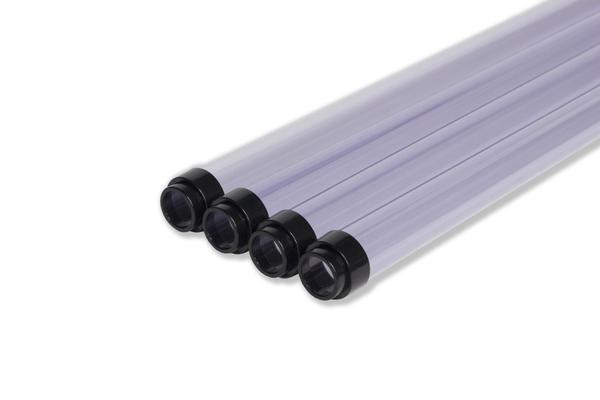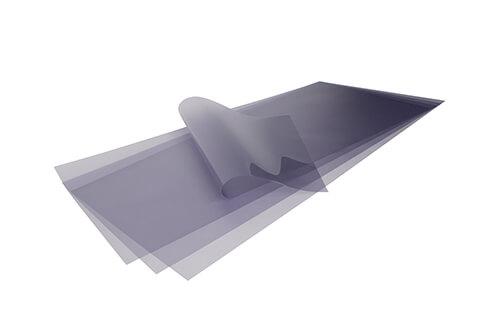Effect of Fluorescent Lighting on Health
You might not have given a lot of thought to the effect of fluorescent lighting on health. If you don’t seem to feel quite right but don’t know why, this kind of lighting may be playing a role. Here’s a look at some of the health issues associated with fluorescent lights, and how products from Make Great Light might be able to help.
Why is Fluorescent Lighting a Problem?
 Fluorescent lighting is everywhere – in office buildings, schools, and even homes. They’re a very cost effective way to light indoor spaces. Fluorescent lights last more than 10 times longer than regular incandescent bulbs, and they don’t use as much energy.
Fluorescent lighting is everywhere – in office buildings, schools, and even homes. They’re a very cost effective way to light indoor spaces. Fluorescent lights last more than 10 times longer than regular incandescent bulbs, and they don’t use as much energy.
Unfortunately, these benefits come with some serious disadvantages – namely, their negative effects on health. Here are just a few.
- Migraine headaches – You probably don’t know it, but the fluorescent lights you sit under all day flicker. For the vast majority of people, the flicker is usually imperceptible. If you have migraines, however, that flickering could actually trigger a debilitating attack. Migraine suffers often experience intense pain when they’re exposed to bright light. This sensitivity to light is known as “photophobia.” In a nutshell, photophobia can affect certain cells in the eyes that are more sensitive to light. When these cells are activated, that can make pain a lot worse.
- Vision problems – Fluorescent lights have also been linked to an increased risk of cataracts and other eye problems. Researchers believe the reason is the ultraviolet radiation this kind of lighting emits. Fluorescent lighting may contribute to other issues, including astigmatism, damage to the retina, and more. However, further research is needed in order to prove this connection.
- Difficulty sleeping – There is also evidence that fluorescent lights could disrupt sleep patterns. The body has what is known as a circadian rhythm, a sort of internal clock. It helps to determine not only your sleep patterns, but your eating patterns as well. Fluorescent lights, as well as other kinds of artificial lights, can “confuse” your circadian rhythm. It doesn’t know when to tell you it’s time to go to bed. This leads to a reduction in melatonin, a hormone that’s critical to good sleep.
So, What’s the Answer?
The human body was designed to get light from the sun. When you look at the complete history of mankind, we’ve only had artificial light for a relatively short period of time. The sun is a source of full spectrum light – this means that it produces light that spans the entire visual spectrum.
Full spectrum light helps the body in a number of ways, including the following.
- It constricts the part of the eye known as the pupil, which helps improve visual acuity. You can read faster and not have as much eyestrain as a result.
- Full spectrum light helps ensure your body will produce enough melatonin so you can get a good night’s sleep.
- It also makes colors look brighter, reducing glare.
Fluorescent Light Covers Can Make a Huge Difference
NaturaLux light covers from Make Great Light can minimize the negative effect of fluorescent lighting on health. It simulates full spectrum light, bringing all the benefits of natural sunlight into your indoor space. Learn more about our light covers by giving us a call at 612-399-6484 or contacting us online.
Light Filters
Products
Fluorescent tube covers are versatile, durable solution for standard 4′ fluorescent lamps.
Fluorescent light covers are designed to cover fixtures that are flush to the ceiling. Works with LED too.
The Ultimate Guide to Cubicle Lighting: Illuminate Your Workspace Efficiently
Lighting plays a pivotal role in setting the mood, enhancing productivity, and ensuring the overall well-being of workers. In a
Options for Employers When An Employee with Migraines Is Missing Work
Medically reviewed and updated for 2024 by Molly Duong, M.D. The American Migraine Research Foundation reports that migraines affect 39
6 Effective Ways To Block Fluorescent Lighting at Work
With more people returning to work from COVID-19 lockdown, employees are noticing how much they hate their office lighting. Overhead

